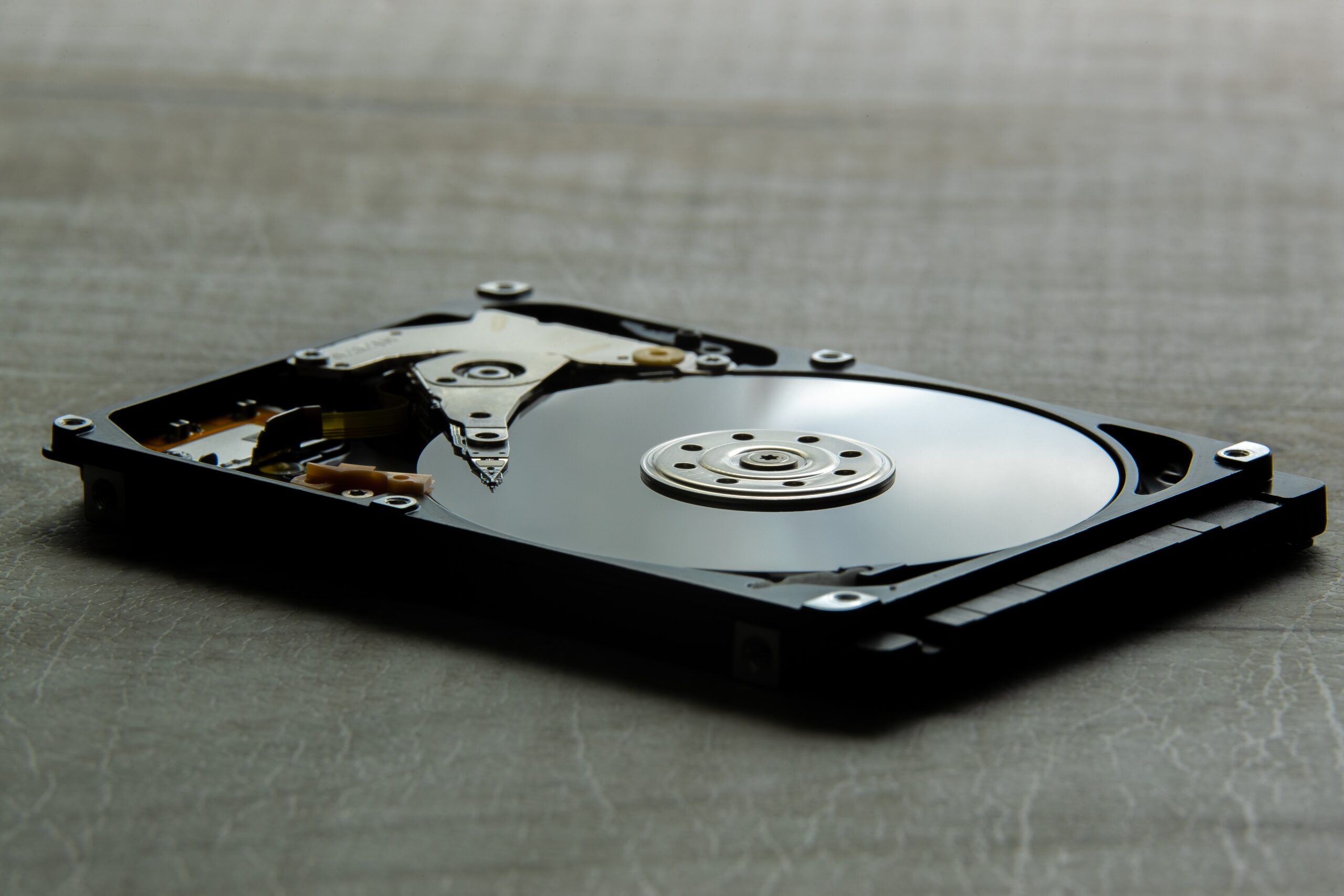
Backing up data and creating several copies of it is highly essential today. Even though we have the Cloud, it is still recommended to have an offline backup of your important data. An external, portable hard drive can provide you with the extra storage capacity you need to keep all of your digital stuff as your computer quickly fills up. Here are a few factors to consider when purchasing a portable hard drive.
Top factors to consider when buying an external hard drive
Regardless of whether you buy an external hard drive from a stand-alone shop or a hard drive wholesale distributor, here are a few factors to consider:
1. Storage capacity of the portable hard drive
Understanding your storage needs should come first. A 500 GB external HDD will be plenty for you if all you need the drive for is regular backups, keeping everyday applications, documents, and file transfers between computers. However, if you want to keep Blu-ray discs and HD videos or are active in multimedia activities, you should choose an external hard drive with a storage capacity of at least 1 TB.
2. Type of USB interface and data transfer speeds
There are many USB 2.0 portable hard drives available, but if you require the best relaying speed, go for a USB 3.0 portable hard drive. When transferring data, USB 3.0 enabled HDDs are quicker than USB 2.0.
In theory, data transfer from USB 3.0 is ten times quicker than data transfer from USB 2.0, but your computer or laptop must have USB 3.0 ports in order for the external hard drive to function in USB 3.0 mode to its maximum capability. As not all PCs or laptops have the newest USB 3.0 connections, an external hard drive that supports USB 3.0 should also work with USB 2.0.
Do note that USB 3.0 enabled hard drives require a specific type of cable to transfer data at higher speeds. If you use a regular cable, data transfer will only happen at USB 2.0 speeds.
3. Power requirements
Some external hard drives require an external power source to function. Avoid this at all costs because it can be incredibly annoying to sometimes find an external power source. Select the kind that solely consumes power from your computer’s USB ports.
4. Compatibility
Your external hard disc should be compatible with main operating systems such as Linux, macOS, and Microsoft Windows. So keep this in mind while purchasing an external hard drive.
5. Price range
This is not a huge deal, but if two portable drives from different firms have the exact same characteristics but different prices, go with the one with the lower price range. Do ensure that the portable hard drive you purchase is from a reputed dealer.
6. Extra features
Security Protection, Data Backup, Antivirus protection, Password lock, Shock Proof and LED indicators, and other features are available from various firms on their external hard drive models. The Shock Proof function is the most crucial since it will safeguard your external hard drive if you inadvertently drop it.
Benefits of portable hard drives
1. Retain ownership of data
The photographs, documents, and films on your computer will always remain your property if you back them all up onto an external hard drive. When using services like Google Drive, many people may assume that this is still the case, but when you read the small print, you will discover that this is not always the case. The cloud service provider will be able to utilise your data in a number of ways and for whatever purposes they choose once you upload your personal info to the Cloud.
2. Access your data offline
You can access everything on your computer even while not connected to the internet, thanks to an external disc, which gives you considerably greater portability. This is especially useful when travelling to a foreign nation or an area with bad internet connectivity. Basically, as long as you have the external drive around, you will be able to access your data anywhere at any time.
3. Safer than cloud-based services
It is critical to consider all of the hazards associated with storing your data via cloud storage. Various spyware, keyloggers, and viruses may be operating in the background, and your browser history and cookies may be saved on a public computer.
As the number of individuals who use the internet grows, so does the number of cyber hackers. Cyber-attacks are possible wherever data is stored on the internet. Despite the fact that most cloud services have solid security measures in place, hackers increasingly employ sophisticated technologies to get into your account, so it is critical to be cautious about what data you save online.

